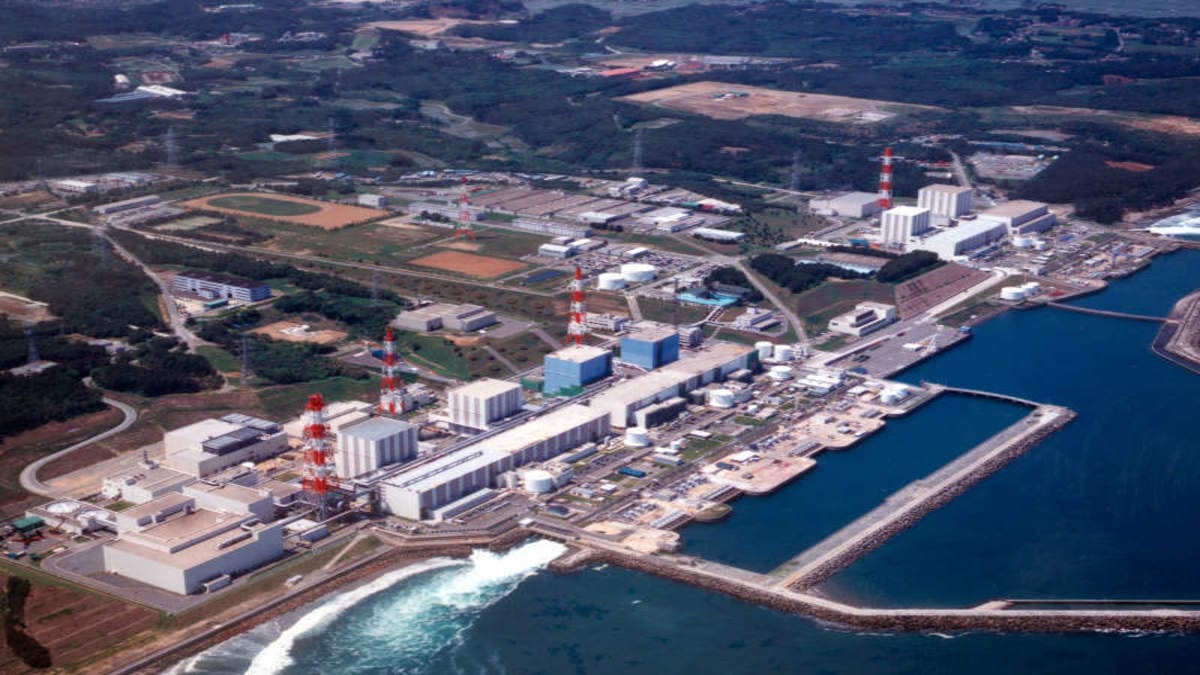Since the time Japan announced its decision to release the contaminated water into the oceans, environmental and fisheries groups have protested against the decision. On Tuesday, Japan announced its plans to release over 1 million tonnes of contaminated water into the oceans from the Fukushima Power Plant, which was hit by an earthquake and a Tsunami in 2011. Over the last few years, Japan has filtered the water to remove harmful isotopes.
Meanwhile, South Korea has strongly rejected the move and has summoned the Japanese ambassador in South Korea, Koichi Aiboshi. In addition, the country has also convened an emergency meeting of government agencies to carve out a response, Reuters reported.
According to the president spokesperson Kang Min-Seek, Moon suggested looking into the options of taking Japan to the International Tribunal for the Law of the Sea. According to Reuters, South Korean President Moon told the Japanese ambassador Aiboshi, “I cannot but say that there are many concerns here (in South Korea) about the decision as a country that is geologically closest and shares the sea with Japan.”
Japan says it will release more than one million tonnes of contaminated water from the ruined Fukushima nuclear power station back into the sea, in a decision that drew swift condemnation from China, South Korea and environmental groups. It is also likely to anger the fishing industry. Tokyo Electric Power which operates the plant will carry out this process.
In a statement, the Chinese foreign ministry called the move “extremely irresponsible” and said it reserved the right to take further action. The water currently contains a significant amount of harmful isotopes despite years of treatment, according to TEPCO (Tokyo Electric Power Company). The company plans to further filter the water so that only tritium, a radioactive isotope of hydrogen that is hard to separate from water, is left.


